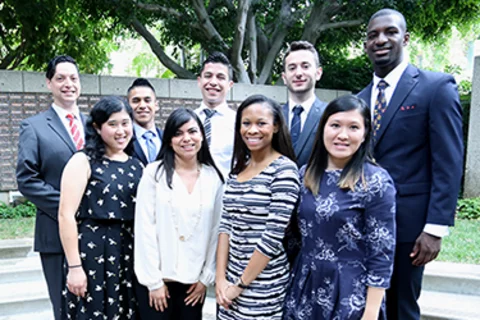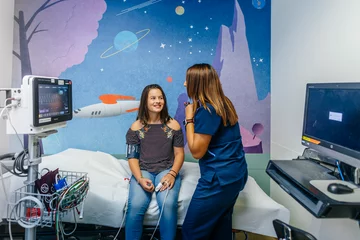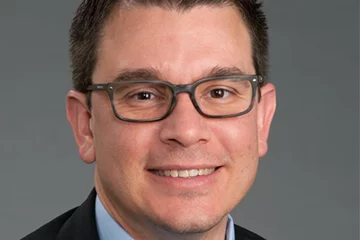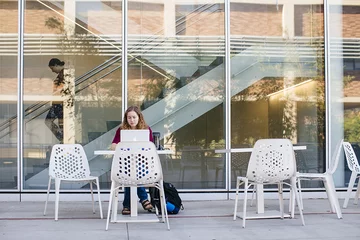How a Post-Bac Program Can Help Students Successfully Transition Into Med School
Getting accepted into medical school is not an easy feat, and many aspiring physicians don't necessarily have the grades or the coursework to be considered suitable candidates. But post-baccalaureate (post-bac), pre-medical (pre-med) programs offer students a second chance and another avenue to successfully gain admission.
What Is a Post-Baccalaureate Pre-Med Program?
Post-bac, pre med programs begin after an undergraduate degree and are designed to support the transition to medical school by enhancing a student's competitiveness for admission. Some students enter a post-bac program shortly after completing their undergraduate degree, while others are changing careers and need to complete the requisite coursework for medical school.
"Students should know that there are various types of post-bac programs, each designed to address a particular need or deficiency," says Monica Perkins, M.Ed.
Perkins is the interim director of the Office of Diversity, Inclusion & Outreach at the David Geffen School of Medicine at UCLA. Her office coordinates two pipeline programs, the UCLA Re-Application Program (UCLA RAP) and the Pre-medical/Pre-dental Enrichment Program (UCLA PREP), and handles medical school recruitment. Additionally, the office provides diversity programming and support and advocacy for current medical students.

"Simply completing a post-bac program may not guarantee admission to medical school," says Perkins. "Medical school is tough, so it's imperative that students in post-bac programs demonstrate that they are able to sustain a high level of academic achievement in a rigorous program."
UCLA RAP Offers a Second Chance
UCLA RAP assists students from disadvantaged backgrounds who previously applied but were unsuccessful in gaining admission to medical school. The 11-month program begins with a six-week intensive summer session that focuses on MCAT preparation and effective study, test-taking and interview skills.
"Since they were unsuccessful their first time around, we review their past application and identify the areas that need strengthening," Perkins says. "For some, it's metrics, such as their GPA or MCAT score, while for others it's more experiences or activities to demonstrate their desire to pursue medicine, or it's developing interview skills."
The Benefits of a Post-Baccalaureate Pre-Med Program
Perkins says that post-bac, pre-med programs are typically small. UCLA RAP, for instance, has between five and 10 students. "There is camaraderie and an opportunity to truly connect with peers who are focused on the same goal," she says.
Through various activities, the program encourages fellowship and support among the students. Most post-bac programs provide students with an adviser and/or mentor who guides them through the preparation and application process.
For those looking for a program, the Association of American Medical Colleges has a search engine for post-bac programs. Perkins suggests thoroughly reviewing each program and speaking with their representatives to determine if the program is a good fit.
"For students who recently started a post-bac, this is your time to shine!" Perkins says. "Push yourself to attain a competitive edge and remain positive. Make the most of the connections. Be open to constructive criticism — especially when it comes from the advisers and mentors within the program. Their goal is your success."
Perkins is happy to report that the 2014 RAP cohort had a 100 percent admission rate. All seven students received admission to medical school for the fall of 2016.




